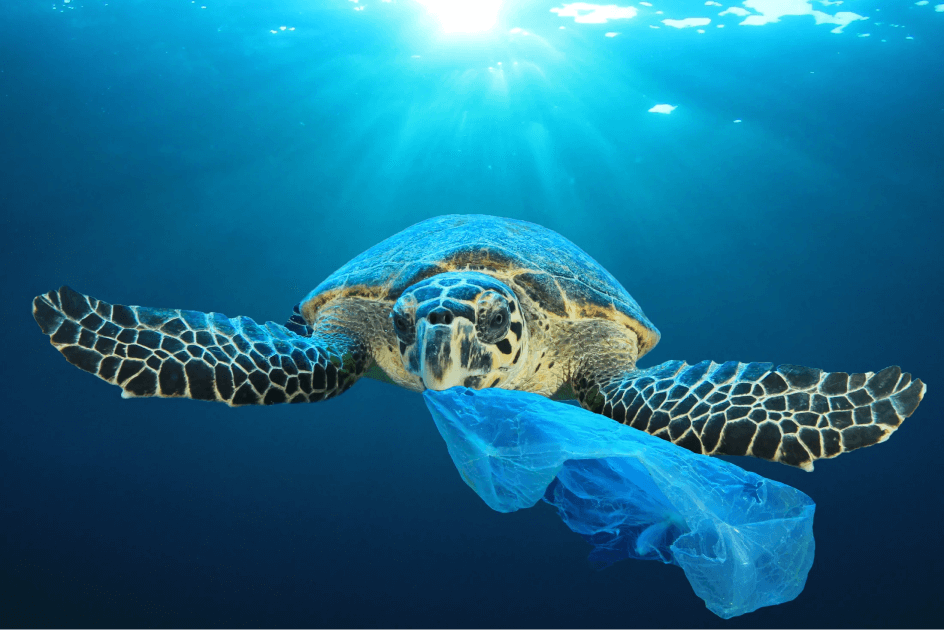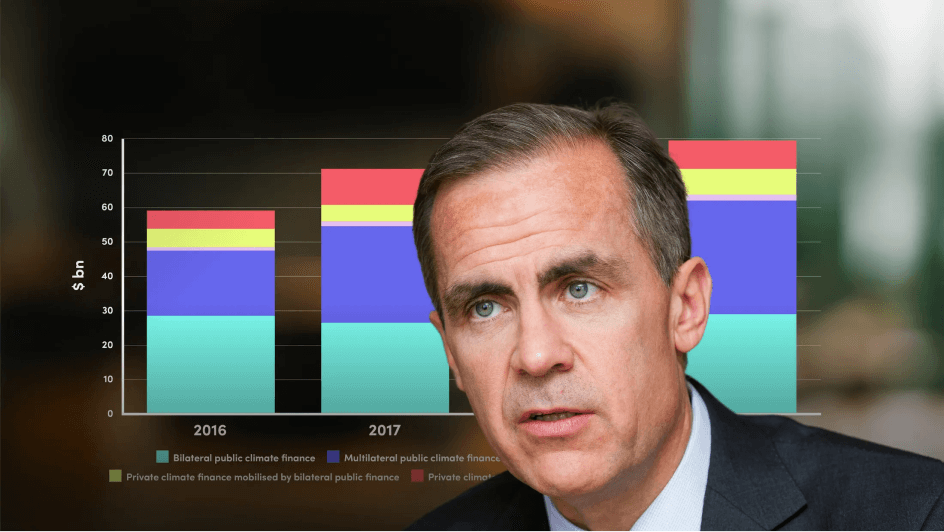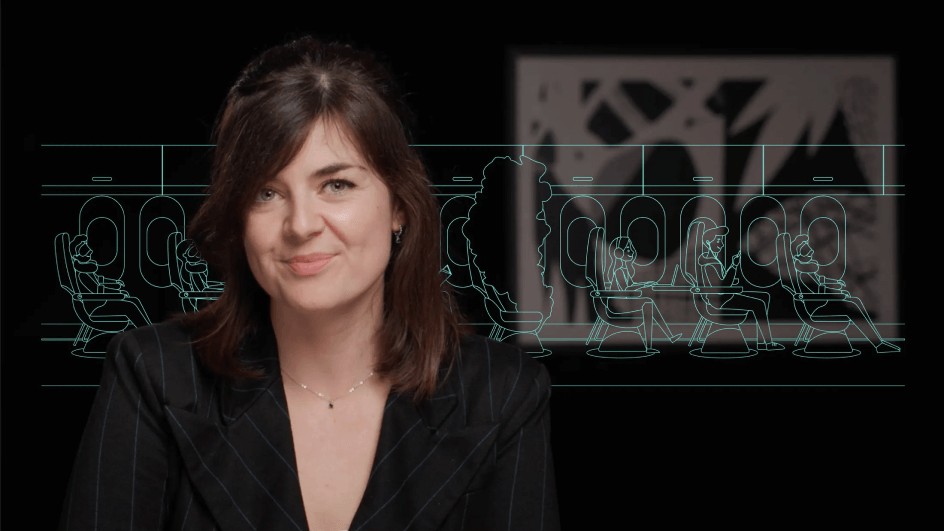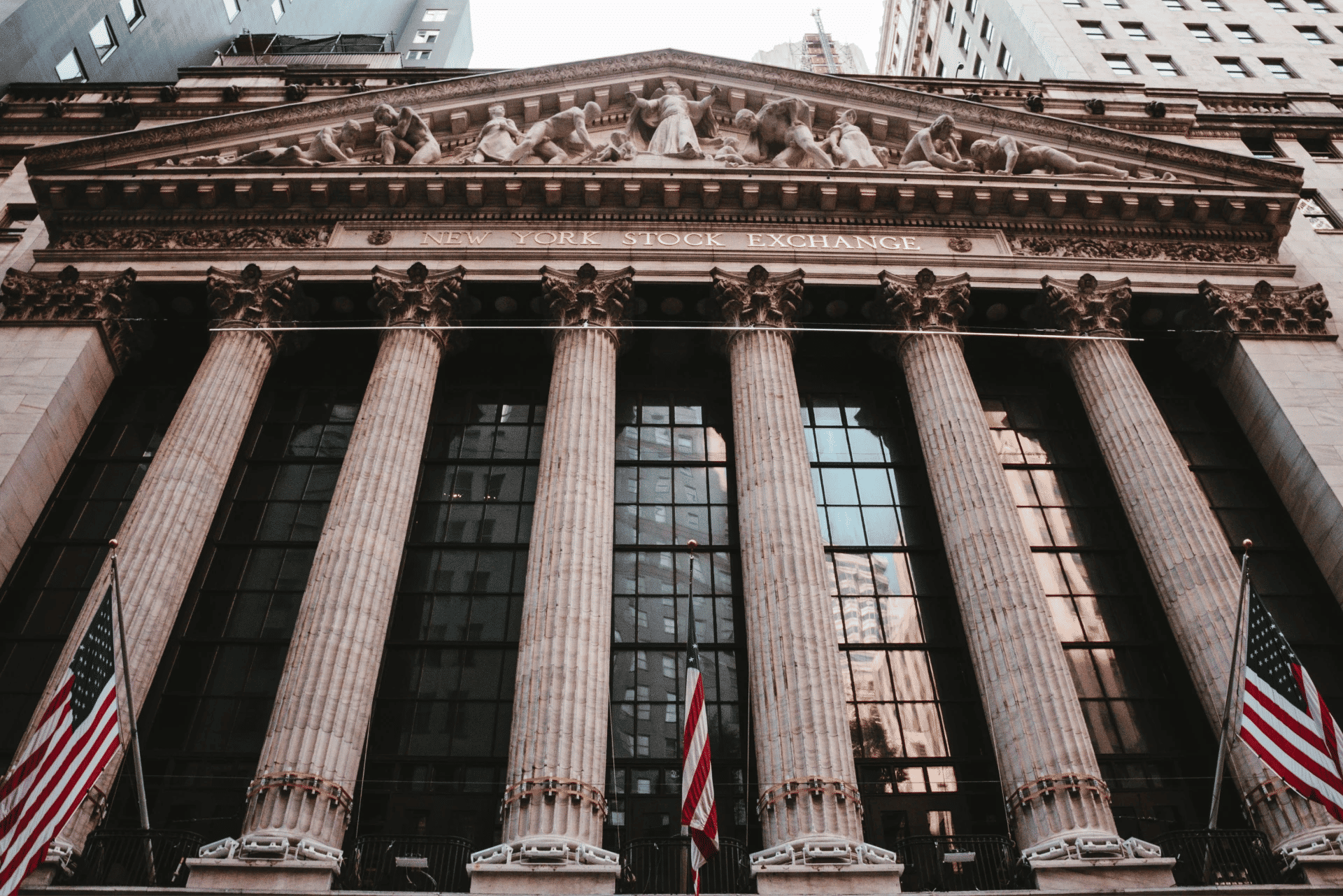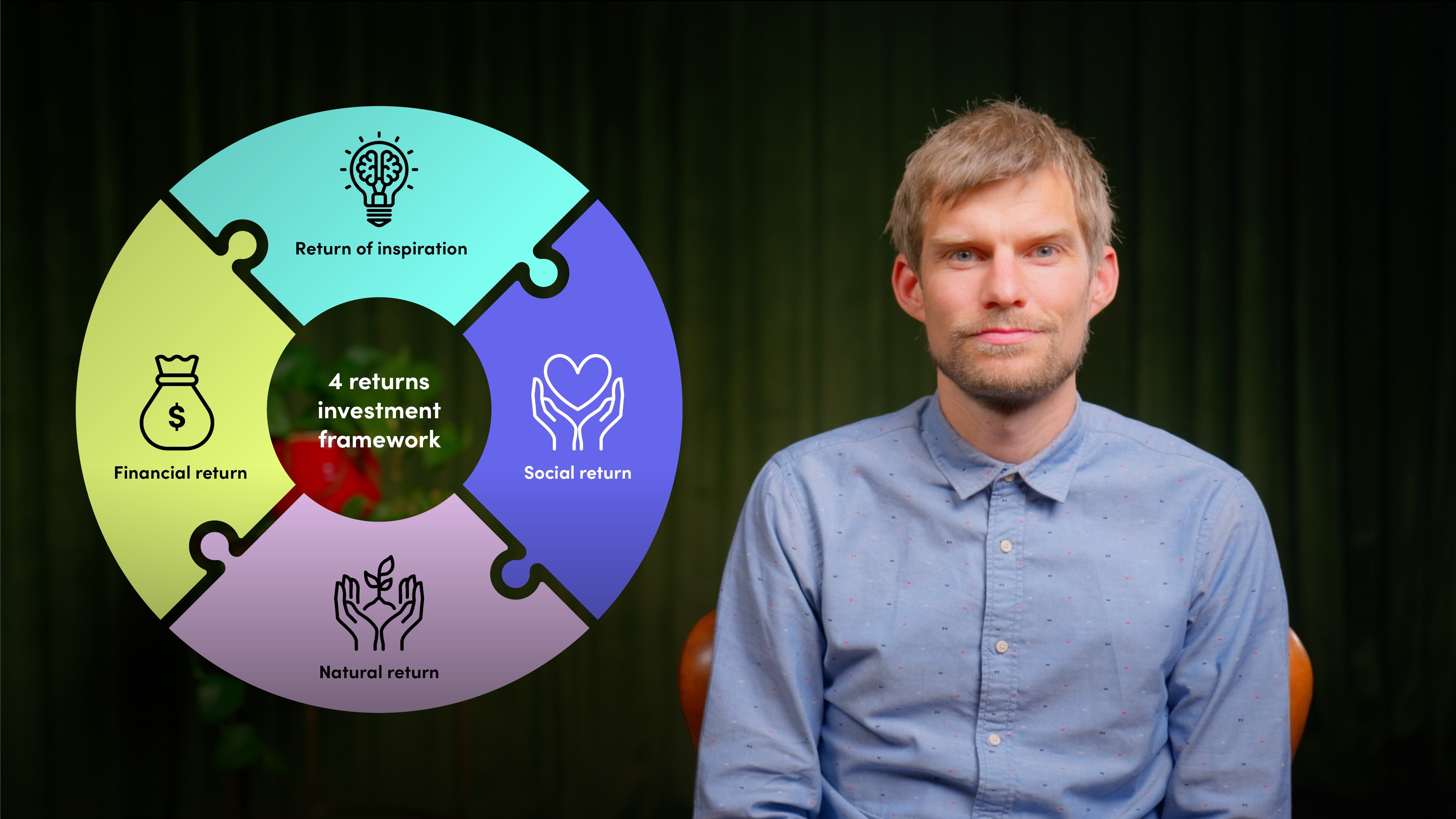
Challenges and Opportunities for Farming

Koen van Seijen
20 years: Food and agriculture
Join Koen van Seijen in this video, as we explore the barriers that stop farmers from making the transition to regenerative farming. Koen also discusses potential opportunities for change, from land ownership models to innovative company structures and investment strategies to align with regenerative practices.
Join Koen van Seijen in this video, as we explore the barriers that stop farmers from making the transition to regenerative farming. Koen also discusses potential opportunities for change, from land ownership models to innovative company structures and investment strategies to align with regenerative practices.

Challenges and Opportunities for Farming
9 mins 33 secs
Key learning objectives:
Understand the barriers that prevent farmers from transitioning to regenerative agriculture
Outline how stewardship in agriculture contrasts with our current model
Understand the long-term opportunities of regenerative agriculture
Outline the 4 returns investment framework for regenerative agriculture
Overview:
- Farmers operate on razor-thin margins, with limited capacity to invest in regenerative practices
- For many, retirement savings are tied up in the land, incentivising short-term decisions that prioritise selling at high value rather than long-term care
- The dominance of ageing farmers—where in the EU, for every farm manager under 40, there are three over 65—exacerbates this problem.
- Return of inspiration - Creating hope and purpose
- Social returns - Reviving jobs and communities
- Natural returns - Restoring biodiversity and soil health
- Financial returns - Generating sustainable income

Koen van Seijen
There are no available Videos from "Koen van Seijen"







